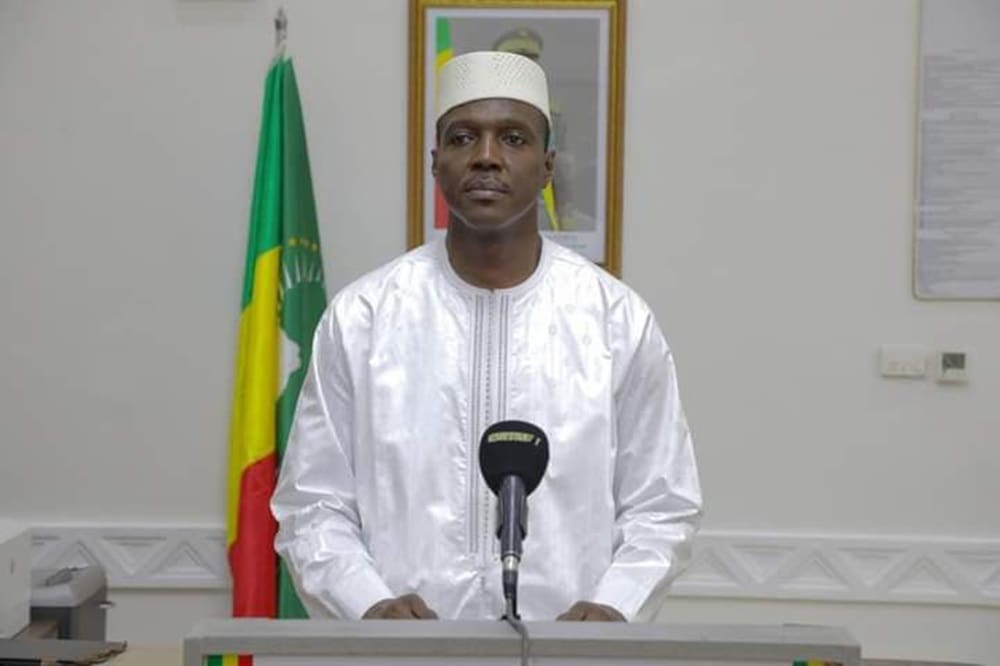
Mali’s Prime Minister and Minister of Territorial Administration and Decentralisation, General Abdoulaye Maïga, has inaugurated the first session of the National Commission tasked with validating administrative, operational, financial, and accounting procedure manuals within public institutions.
The ceremony was held on Monday at the headquarters of the General Inspectorate of Public Services in Bamako.
A total of fourteen draft manuals have been submitted for review by the Procedures Manual Validation Committee in the presence of the Prime Minister.
The initiative marks a significant step in Mali’s efforts to bring uniformity, efficiency, and accountability to its public administration.
The Controller General of Public Services, Badra Alou Coulibaly, underscored the importance of the manuals, noting that their adoption represents “a guarantee of transparency and credibility for the administration.” Prime Minister Maïga added that the reinforcement of internal control aligns with the priorities outlined by Mali’s transitional president, General Assimi Goïta, particularly the fight against corruption and financial crime.
The reform is part of the government’s 2025–2026 action plan, approved by the National Transitional Council, which seeks to standardise financial and administrative practices across the public sector.
Mali’s commitment to transparency is also guided by international agreements.
The country ratified the United Nations Convention against Corruption in 2008 and is a signatory to both the African Union Convention on Preventing and Combating Corruption and the ECOWAS Protocol on the Fight against Corruption.
The introduction of formalised procedure manuals directly responds to recommendations set out in these international frameworks.
The reform further comes under the scrutiny of international partners such as the World Bank and the International Monetary Fund, who often tie financial support to progress in transparency and fiscal management.
By adopting these measures, Mali is also aligning itself with governance practices seen across the West African Economic and Monetary Union (WAEMU), where reforms inspired by the Organic Law on Finance Laws (LOLF) aim to harmonise financial and performance standards across the region.
General Maïga reaffirmed that the move reflects the government’s determination to build a more transparent and credible state, stressing that the fight against corruption remains a central pillar of Mali’s political transition.



